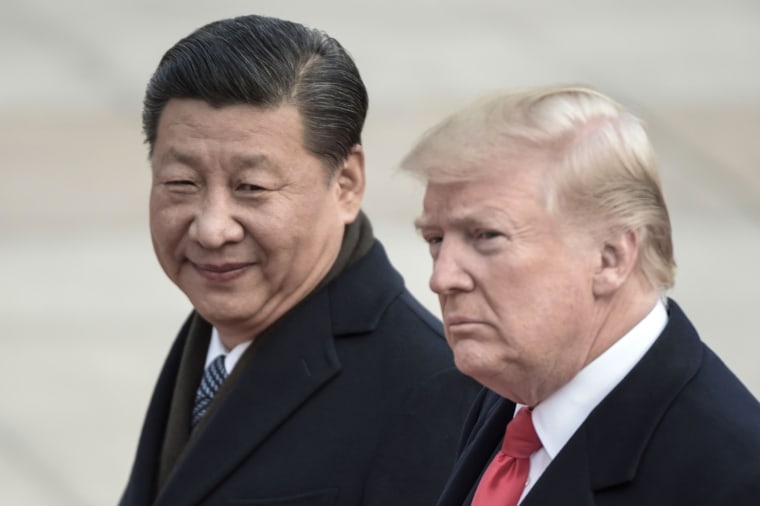It didn't generate as much attention as it probably should have, but Director of National Intelligence John Ratcliffe was unexpectedly candid last week -- in ways that didn't do his boss any favors.
In an interview with CBS News that aired last Friday, Ratcliffe conceded that the United States' foreign adversaries are amplifying his party's bogus voter-fraud allegations. The DNI added that our adversaries are pushing the claims in order to "undermine public confidence in our democratic processes."
This was far more startling than Ratcliffe seemed to realize. The intelligence chief was effectively admitting that Donald Trump's rhetoric was being weaponized by U.S. adversaries in order to undermine our electoral system. Or put another way, when it comes to support for our democracy, our adversaries see our president as a useful ally.
A few days later, Trump published a tweet that read, "If somebody cheated in the Election, which the Democrats did, why wouldn't the Election be immediately overturned? How can a Country be run like this?" If Ratcliffe's right, and our foreign foes are exploiting election lies to "undermine public confidence in our democratic processes," the outgoing president's tweet seemed custom made to make U.S. adversaries happy.
Take a wild guess what happened next.
The Twitter account of the Chinese Embassy in the United States on Wednesday shared a post by President Trump falsely claiming that the Democrats "cheated" in the election and that the results should be overturned — only to undo the retweet hours later and claim that its account had been hacked.
It was quite a sequence of events. First, Trump attacked our electoral system. Then, the Chinese embassy promoted the Republican's criticism of his own country. Finally, the Chinese embassy blamed unidentified hackers -- as if hackers would resist the urge to publish embarrassing missives, and instead retweet an American president.
There's no need for anyone to be coy about circumstances: Trump is eager to delegitimize his own country's democracy, and no one's happier about it than the United States' international rivals.

